test-blog
GDOT Plants Pollinator Gardens Across State
Posted on June 21, 2024 10:39 AM
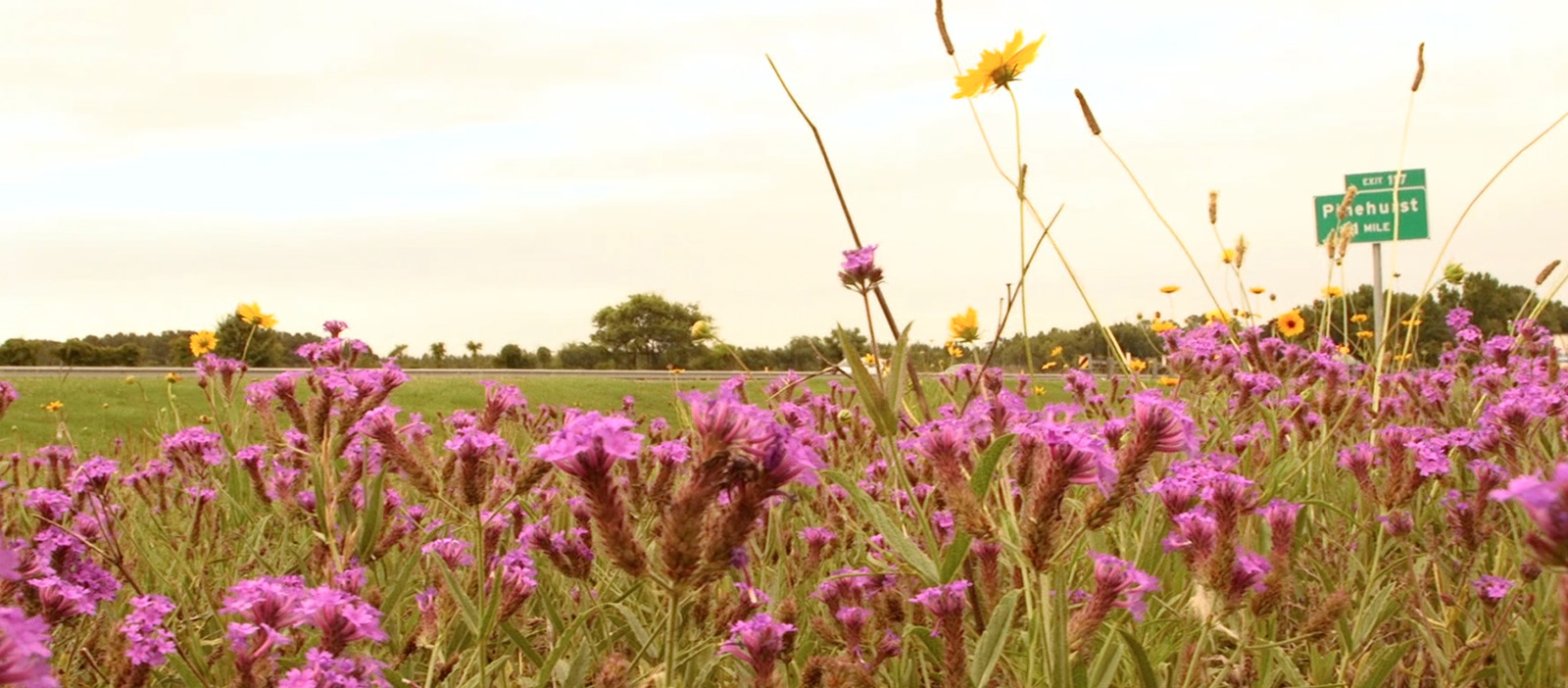
June is National Pollinator Month, but the Georgia Department of Transportation recognizes the importance of pollinators year-round. That’s why they’ve partnered with the Georgia Association of Conservation Districts to plant pollinator gardens all over the state. In fact, if you travel along Georgia’s interstates you may see some splashes of color along the right of ways. Those wildflowers were strategically planted using drill seeding.
“The machine just makes a little a little cut and then it drops the seed in and then it covers it up, that way we don’t get a lot of erosion.” explains Felicity Davis, Landscape Architect Manager with GDOT. She says it’s similar to the process farmers use in their fields when planting crops.
The GDOT team helps manage all the vegetation on all of the right of ways in Georgia and part of the Pollinator Initiative Project, which is designed to increase pollinator habitats and awareness. “They need the food that comes from the flowers and then the flowers need them to help spread the pollen so that it makes their seeds helps encourages their fruits to grow.” says Davis.
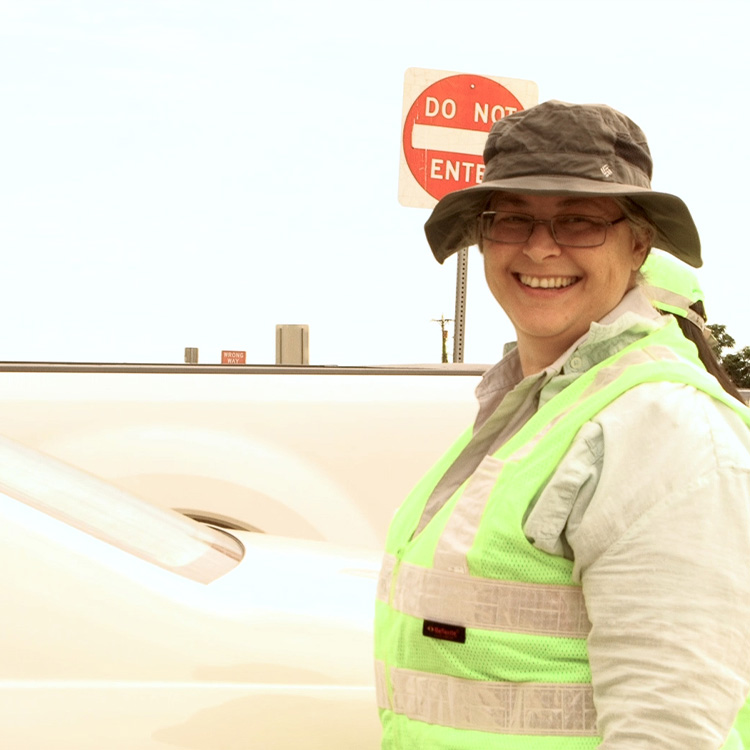
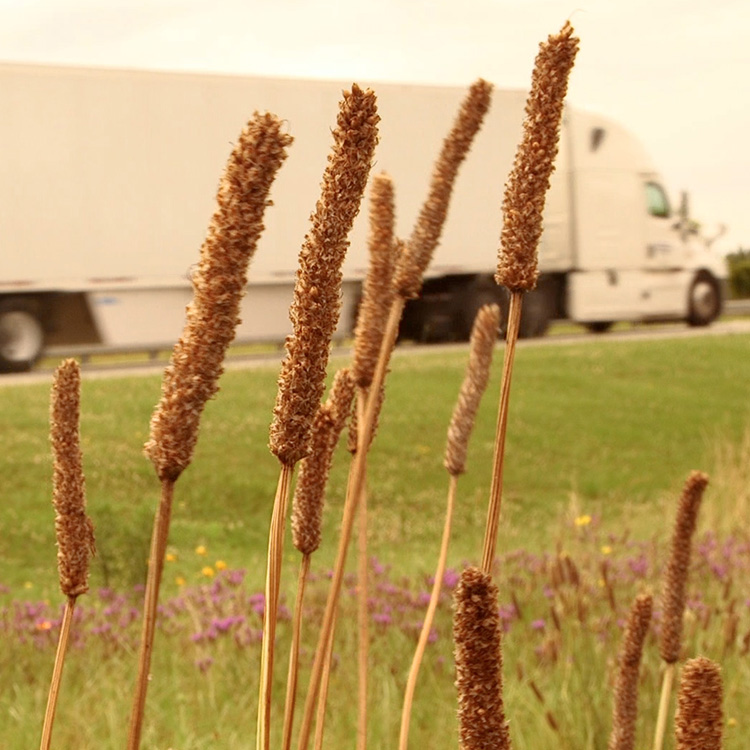
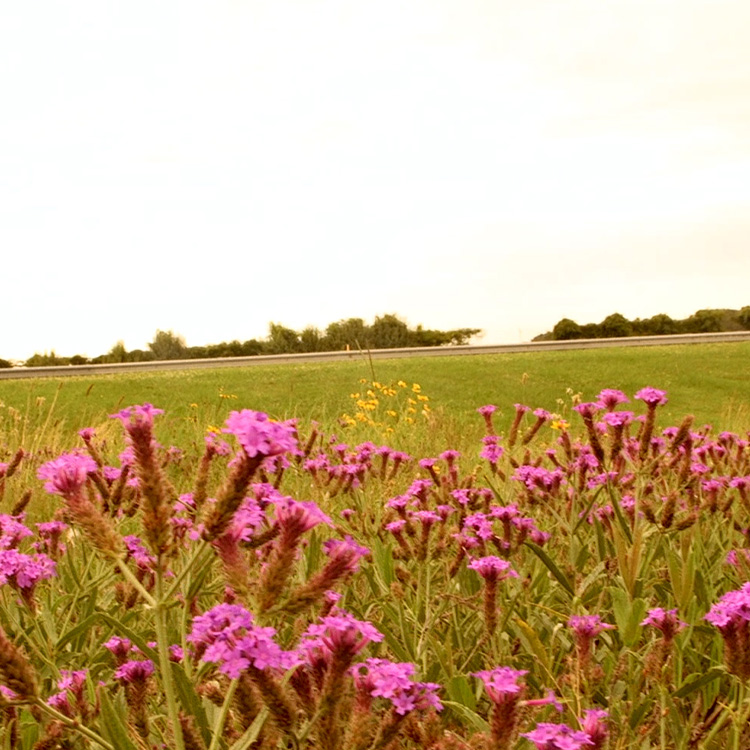
They’ve set their goal this year to plant twenty-five acres in each of their seven district, that’s 175 acres of pollinator gardens total across our state. You can find a map on their website pinpointing where the gardens are located thanks to the help of GDOT Landscape Architect, Xin Shu, who had a hand in creating it. “We chose rest areas and welcome centers so people could get up close to the flowers and experience them.” explains Chris DeGrace another Landscape Architect for GDOT. He says the informational signs near the gardens have QR codes that give more information about the different plants in the area.
“Our roadways are also corridors where these insects can travel and if they have places where they can live it’s almost like a reservoir where they can live and they can grow and thrive.” says Davis. So, when you take a break from your road trip, chances are, so are the pollinators.
Davis and her team work hard to provide a stopover for busy insects, which in turn helps Georgia’s crops. Each habitat offers flowers for multiple seasons and grasses to support all insects on their journey. “Each place is different, what grows in the north is often different than what grows in the south.” explains Dorian Owens, a consultant landscape architect.
.jpg)
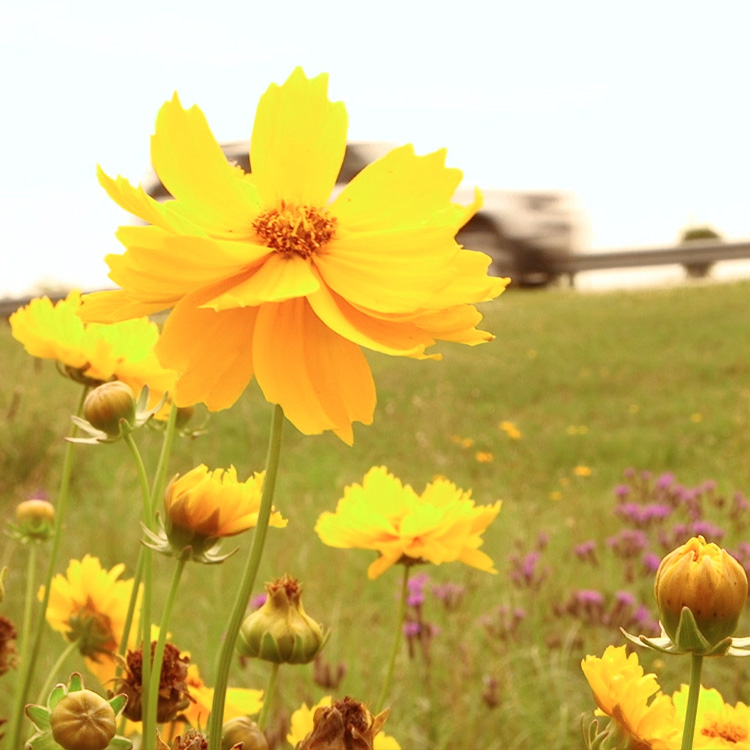
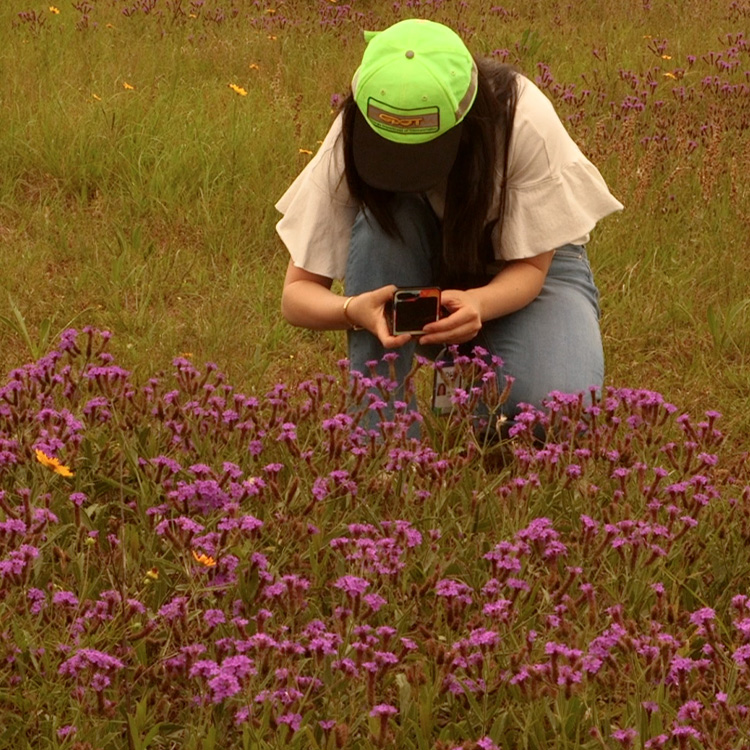
Also, if you see the vegetation growing higher in some places than others it’s not because they’ve neglected to mow the area. They’re simply leaving space for the bees and butterflies.
“On certain routes where we are not mowing the whole area so that monarch butterflies when they’re traveling through our state on their way down to Mexico and on their way back will have a nice place to rest and will have food to eat on their migration.” explains Davis.
They encourage you to enjoy the beauty of the plants along the roadways but do it safely. “At our rest areas and welcome centers those are safe places that people can pull off the highway, they can rest, they can relax for a little bit in their trip, but then they can also see these beautiful plants and flowers.” says Davis.
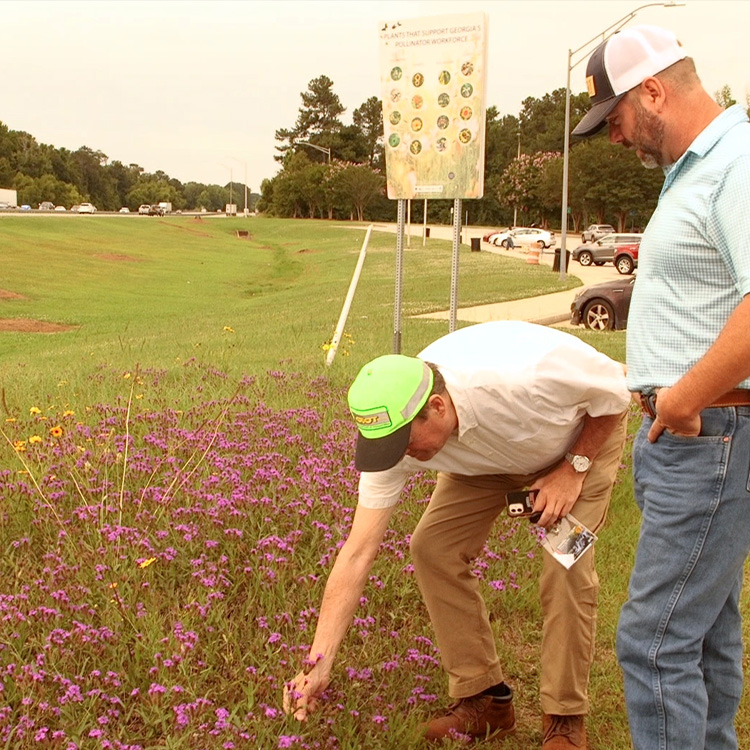
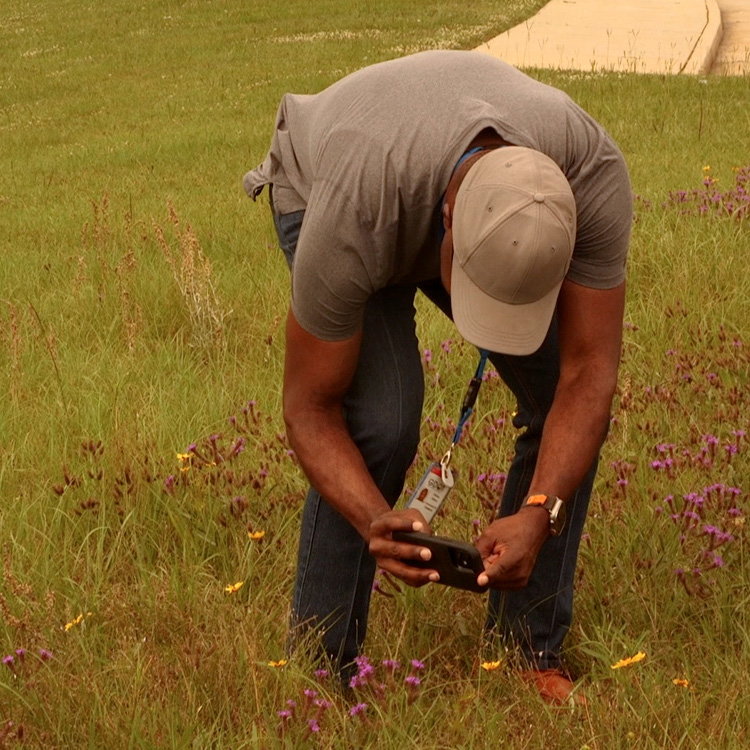
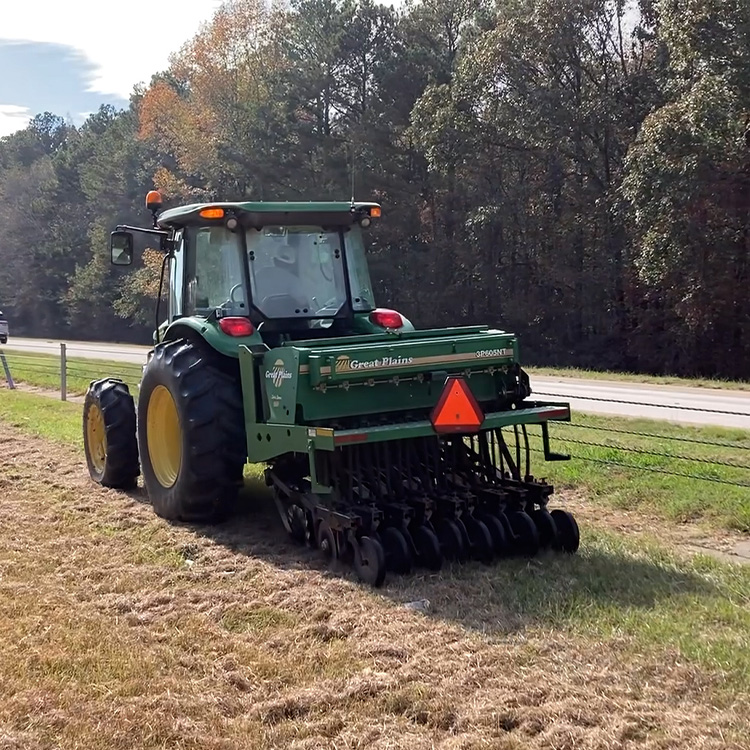
And the flowers aren’t just pretty to look at, they serve as an important safety feature for drivers too. “It breaks up highway hypnosis, breaks up the monotony so flowers can actually help people stay a little bit more alert.” explains Richard Littleton, a state agronomist and arborist manager with GDOT.
You may be tempted to pick the wildflowers at the next rest area you visit, but the GDOT team asks that you leave them where they grow, so that they can continue to serve the pollinators. Maybe take a photo with them instead.
You can help with the Pollinator Initiative Project with a purchase of the flower tag at your local tag office. A portion of those funds from the flower tag go towards planting pollinator gardens around Georgia. Your purchase could help them increase their garden acreage for the next year.